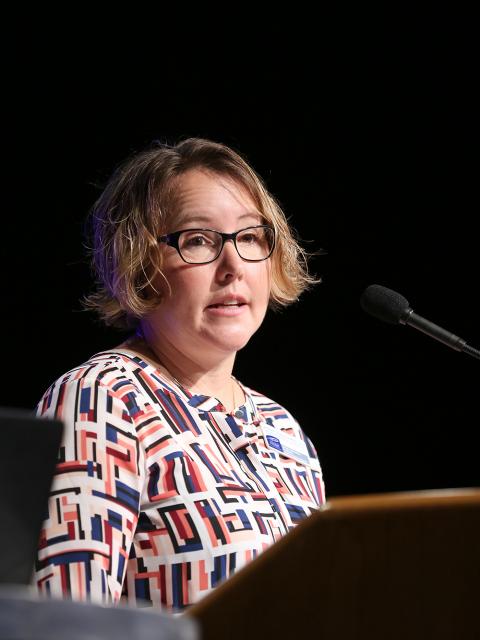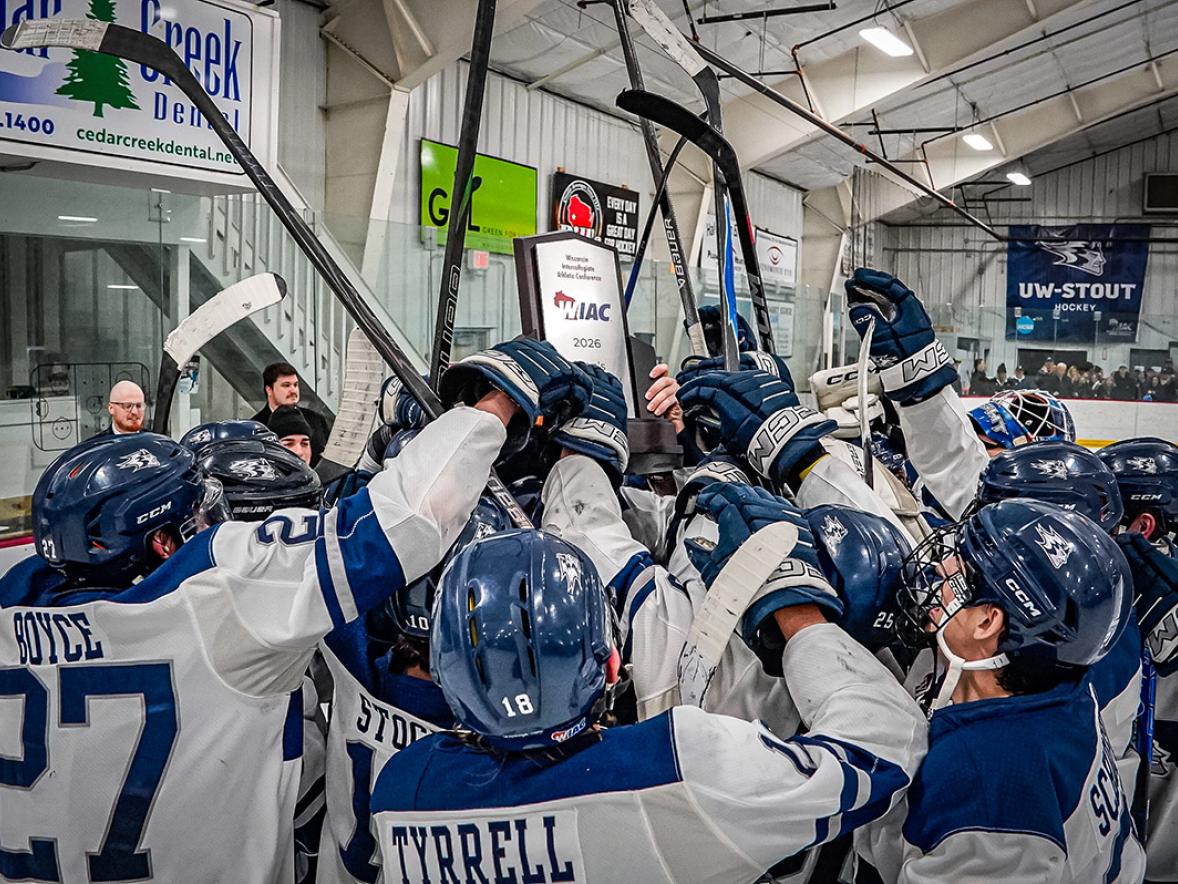University of Wisconsin-Stout hosted the DECA District 1 Career Development Conference in January for the 49th straight year, and for the first time it was held virtually.
The event, organized and run by the UW-Stout Marketing and Business Education Association, is an applied learning experience for high school competitors and leaders from regional marketing and business education programs.
More than 300 students from 14 area high schools participated. The schools included Altoona, Chippewa Falls, Glenwood City, Holmen, Hudson, Melrose-Mendoro, Menomonie, Northwestern, Plum City, Sparta, St. Croix Falls, Superior, Tomah and West Salem.
They competed in 25 industry-validated events aligned with national curriculum in the career clusters of marketing, business management and administration, finance, and hospitality and tourism.
Due to the COVID-19 pandemic, students logged into a website for their role play event. They then recorded and uploaded their role play for judging by marketing professionals, who volunteered their time, and took their cluster exams online too.

“They were given a week to complete their video,” said Debbie Stanislawski, professor and program director of marketing and business education undergraduate program at UW-Stout. “We wanted to be inclusive and to allow as many to participate as possible. We wanted to make sure they had enough time and the support they needed to succeed. The advantage was they had the time to think about the role play and to process it and better prepare.”
Even though it was the first year the competition was virtual, it went well, Stanislawski said. “Our competitors rose to the occasion,” she noted.
The announcement of awards was made on YouTube. This allowed participating schools to determine if they wanted to host face-to-face or virtual watch parties with students, Stanislawski said.
Winners and runners-up in each category advance to the state competition in March or early April in Lake Geneva.
“UW-Stout marketing and business education students get the opportunity to plan and implement registration, judges recruitment, awards, tabulation and so much more for the DECA Conference,” Stanislawski said. “This gives our future teachers experience to prepare for their DECA adviser role while developing leadership skills. We study the purpose of DECA and the competitive events process in class; yet this gives them the opportunity to see firsthand why DECA is called the showcase of marketing education.”
UW-Stout offers a bachelor’s degree program in marketing and business education as well as the most extensive array of career and technical education teaching degrees in the UW System.
DECA has 225,000 members in 3,700 high school chapters and 215 collegiate chapters. DECA prepares emerging leaders and entrepreneurs for careers in marketing, finance, hospitality and management in high schools and colleges around the globe.







